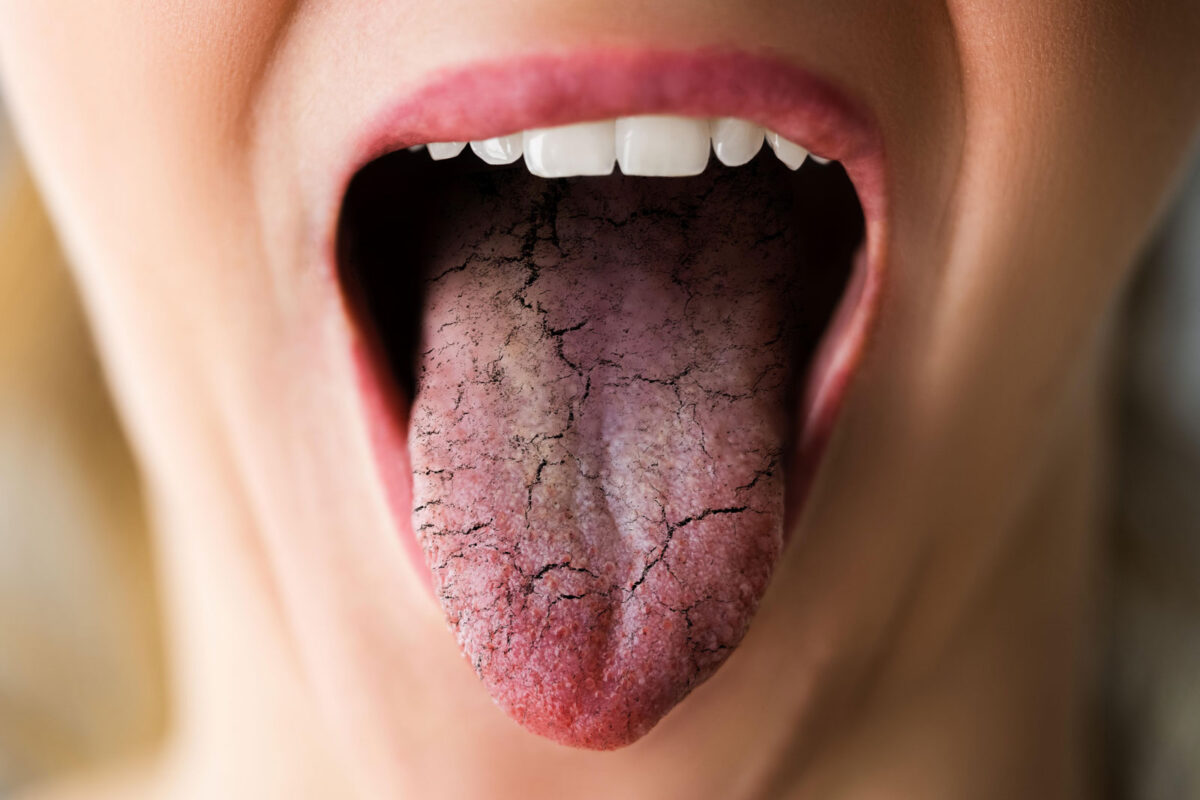Blog
Dental hygiene tips for healthy teeth & gums

Diet And Nutrition Tips For Healing Cracked Mouth Corners
Taking care of your mouth, especially when dealing with cracked corners, can be painful and challenging. It’s important to consider nutrient deficiencies, as well as factors like weather and fungal infections that may exacerbate the condition. This article discusses the role of diet, nutrition, and overall oral health in addressing cracked mouth corners and emphasizes the importance of consulting a dentist for advice, particularly in the Crosby, TX area.
Method 1: Applying Topical Treatments at Home
- Petroleum Jelly: Applying a small amount of petroleum jelly from a clean, fresh jar to the cracked corners of your mouth can help relieve discomfort. It acts as a barrier between your skin and saliva, preventing excessive wetness and subsequent drying.
- Coconut Oil: Another option is to use coconut oil to hydrate the affected area. Apply a small amount of liquid or solid coconut oil to the cracked corners of your mouth. Like petroleum jelly, coconut oil can help heal oral fissures affordably.
Method 2: Using Dietary Changes to Promote Healing
- Increase Iron Intake: Iron deficiency is a common underlying issue that can lead to cracks in the corners of your mouth. Boosting your iron intake through dietary changes can help prevent and speed up the healing of these cracks.
- Include Vitamin B-rich foods: Vitamin B plays a crucial role in healing underlying infections and promoting skin repair. If you have cracked mouth corners, increasing your consumption of foods rich in vitamin B can be beneficial.
Method 3: Seeking Medical Attention
- Visit a Doctor: If your symptoms are severe or home remedies aren’t providing relief, it’s advisable to see a doctor. If the cracks in the corners of your mouth don’t improve within a week or if you experience severe symptoms such as burning, intense lip discomfort, or the presence of red or purple spots, seek medical attention. Not all cases of cracked mouth corners can be treated effectively at home.
- Antifungal Cream for Yeast Infections: If yeast is the cause of your mouth corner cracks, your doctor may prescribe an antifungal cream or recommend an over-the-counter option. Follow the dosage and frequency instructions on the label or any additional guidance provided by your doctor.
- Topical Steroid Cream for Bacterial Infections: For bacterial fissures, your doctor may suggest a topical steroid cream. In more severe cases, a prescription-strength steroid cream may be prescribed. In moderate cases, over-the-counter hydrocortisone steroid cream may be recommended.
Method 4: Maintain Good Oral Hygiene Habits
- Consistent oral hygiene practices are crucial for both preventing and treating cracked mouth corners. Regularly flossing, using a mild antiseptic mouthwash, and brushing your tongue can help eliminate bacteria and prevent infections. Ensure you clean and replace your toothbrush regularly to prevent bacterial growth.
Method 5: Use a Humidifier and Stay Hydrated
- Dehydration can contribute to dry, cracked skin, including the corners of your mouth. Drinking an adequate amount of water throughout the day is essential for proper hydration. Additionally, using a humidifier in your living or sleeping space can help maintain moisture in the air, preventing excessive dryness that can worsen cracks in the corners of your mouth.
Conclusion
Dealing with cracked mouth corners, possibly due to nutrient deficiencies, can be uncomfortable. Factors like weather and fungal infections can exacerbate the condition. Maintaining a balanced and healthy diet is crucial for healing.
Home remedies like petroleum jelly or coconut oil can provide protection and hydration. Increasing iron and vitamin B intake can address underlying issues and aid in recovery. If symptoms are severe or home treatments are ineffective, seeking medical advice is recommended.
Doctors may prescribe antifungal or steroid creams based on the diagnosis. A holistic approach that combines home care, dietary changes, and medical guidance can promote oral health and facilitate healing.
